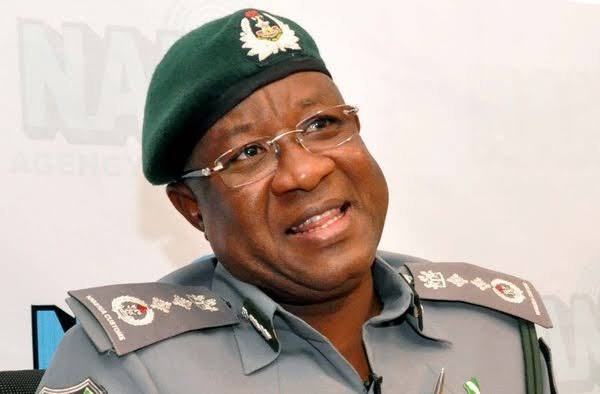A federal high court in Abuja has barred the Economic and Financial Crimes Commission (EFCC) from prosecuting Abdullahi Dikko, a former comptroller-ge
A federal high court in Abuja has barred the Economic and Financial Crimes Commission (EFCC) from prosecuting Abdullahi Dikko, a former comptroller-general of the Nigeria customs service. Nnamdi Dimgba, the presiding judge, held that the non-prosecution agreement entered into by Abubakar Malami, attorney-general of the federation (AGF), and Dikko was binding on the EFCC. The agreement was reached after Dikko returned to the government N1.5 billion alleged to be proceeds of crime.
Delivering the judgement, the judge said by the provisions of section 174 of the constitution, the AGF has the power and discretion to prosecute matters or not to. He said the claim by the EFCC that it acted on an anonymous petition to commence its investigations “cannot override the discretionary powers conferred on the attorney-general of the federation by virtue of section 174 of the constitution.”
The former comptroller-general had sued the AGF, the Department of State Services (DSS), the EFCC and Ibrahim Magu, its acting chairman over his prosecution. Dimgba also said the AGF did not oppose the suit, and that it was an indication that he subscribed to Dikko’s case. He asked the various government agencies joined in the suit to be in agreement with one another.
“There is a need for government to speak in one voice and not in different tunes that appear to be discordant,” the judge said.
Justice Dimgba held that by virtue of the provisions of section 174 of the Constitution, the AGF being the chief law officer of the federation was imbued with wide powers and discretion on prosecution matters. He added that the claim by the EFCC that it acted on an anonymous petition to commence its investigations “cannot override the discretionary powers conferred on the Attorney-Genreral of the Federation by virtue of section 174 of the Constitution.”
The AGF (Malami), the Department of State Services, the EFCC and its chairman were the defendants in the suit instituted by Dikko. Malami did not oppose the suit, a development which the judge said indicated that he subscribed to Dikko’s case.
Reflecting on the conflicting positions of the AGF and the EFCC on the Dikko’s case, Justice Dimgba admonished government agents and agencies joined as defendants in the suit on the need to speak in one voice.
“There is a need for government to speak in one voice and not in different tunes that appear to be discordant,” the judge noted.
